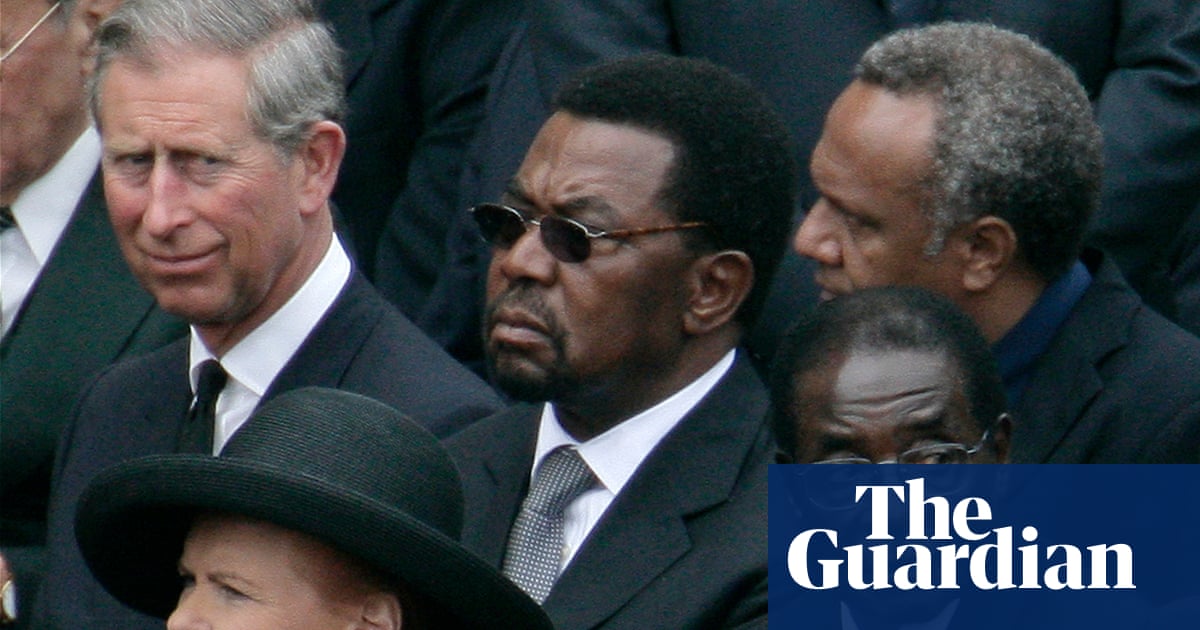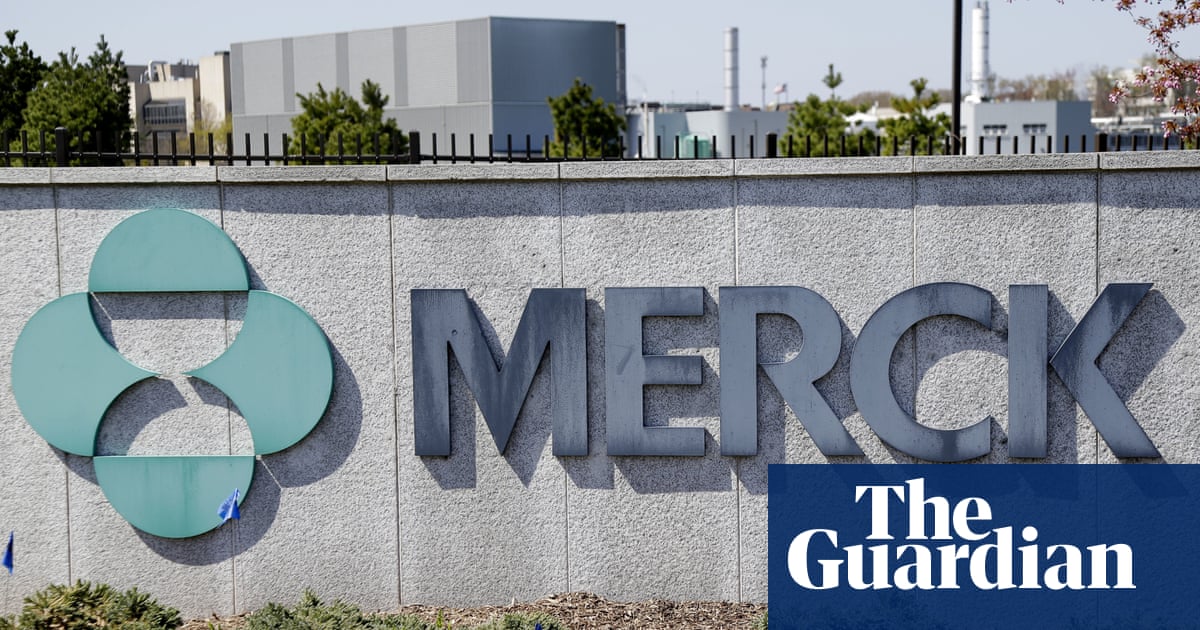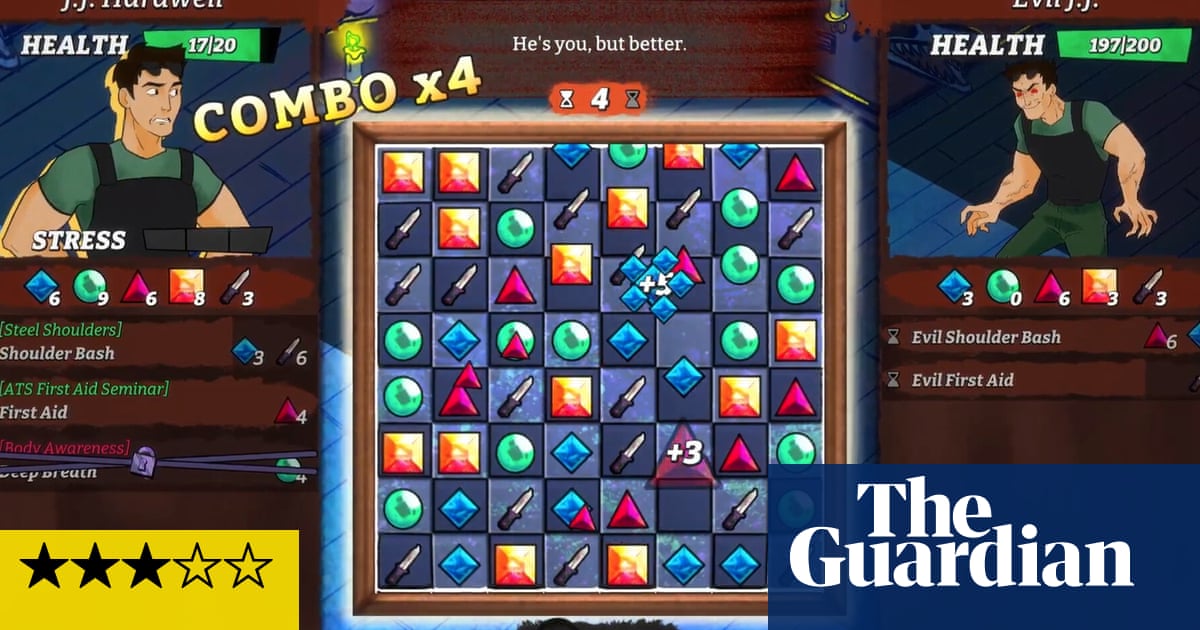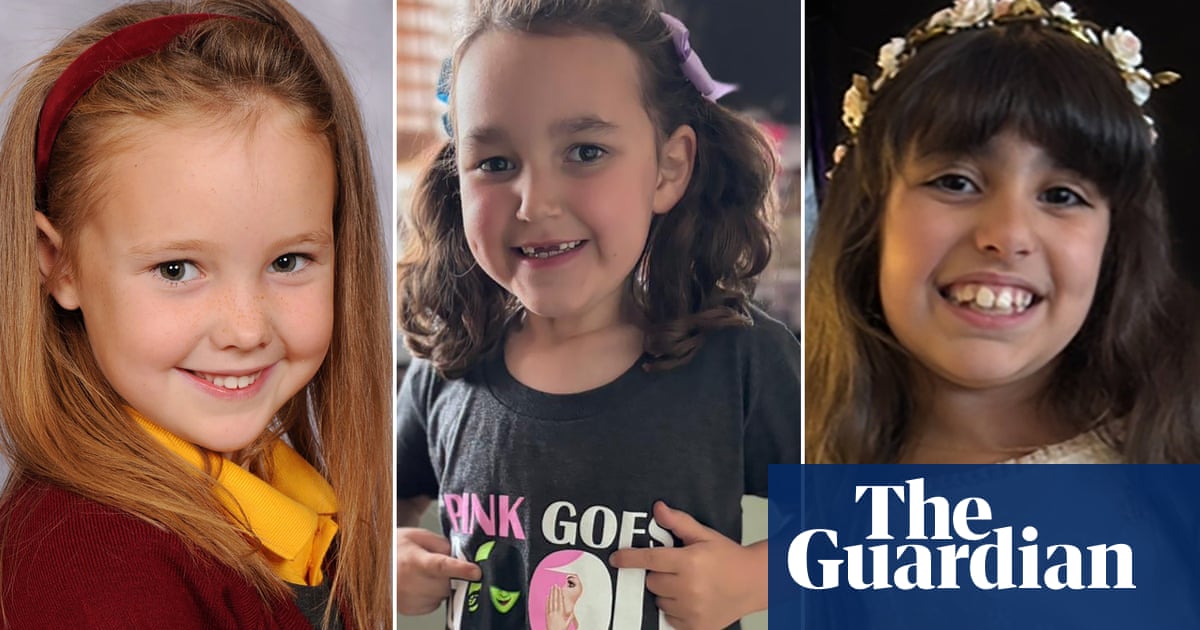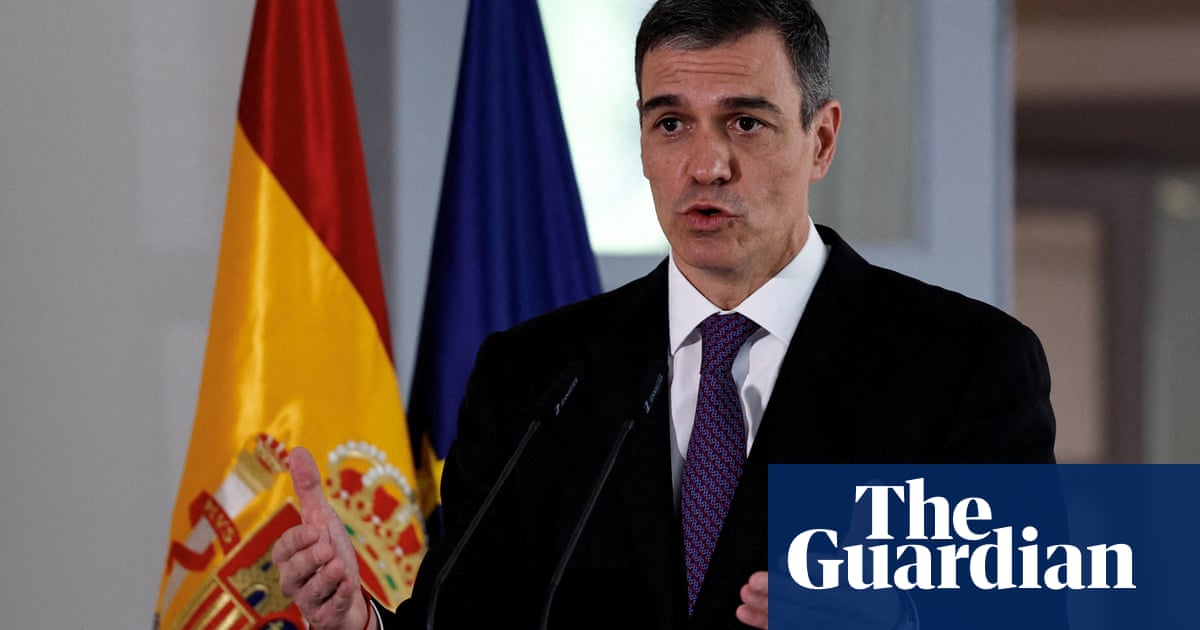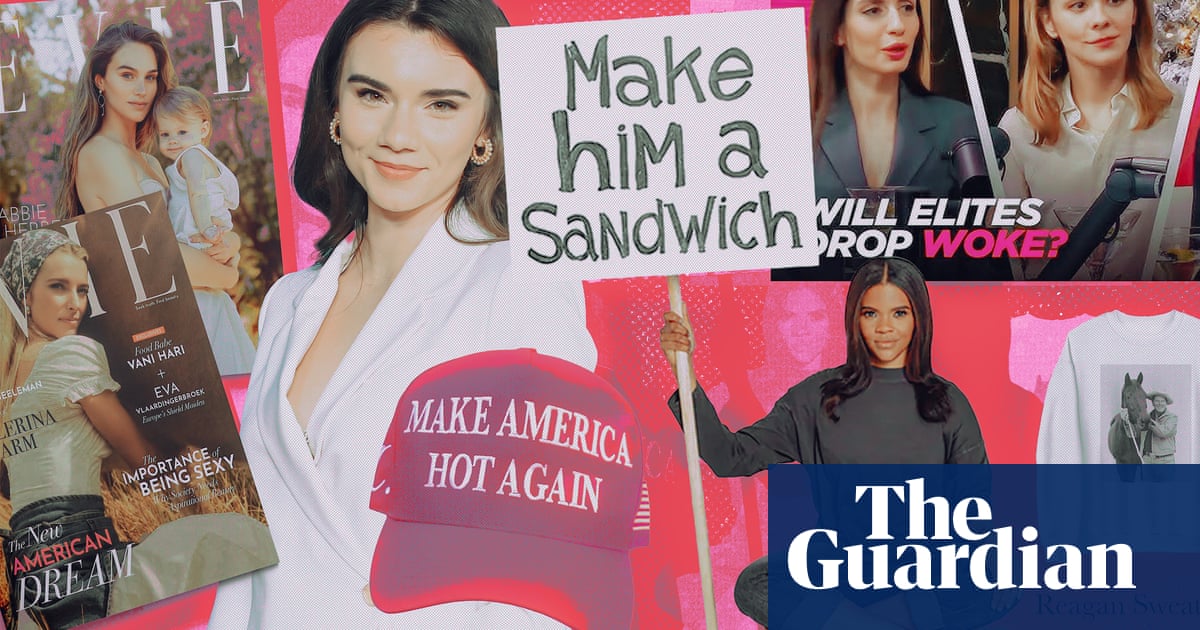Hello and welcome to The Long Wave. I have been following Donald Trump’s suspension of the US Agency for International Development. USAid is the world’s single biggest aid donor, and the decision to halt its work has sent shockwaves around the world. This week, I trace the effects of its potential demise on the Black diaspora. But first, the weekly roundup.
Weekly roundup

Fresh calls for DRC ceasefire | A summit of leaders from across Africa, including Rwanda and the Democratic Republic of the Congo, has called for an immediate and unconditional ceasefire in DRC. The Rwanda-backed M23 rebel group has seized swathes of territory in eastern DRC, leaving thousands dead or displaced.
Altadena seeks justice for LA fire victims | A memorial service at the First African Methodist Episcopal church in Pasadena, led by the Rev Al Sharpton, has highlighted the Eaton wildfire’s disproportionate impact on Altadena’s Black residents in a rally for justice and equality.
Liverpool waterfront’s role in slavery | Canning Dock in Liverpool, England, where ships trafficking enslaved Africans to the Caribbean were fitted out and repaired, is opening to the public so lesser-told aspects of its history can be explored. This project, alongside other redevelopment programmes, aims to shed light on the waterfront’s role in the transatlantic slave trade.
Overtourism fears for Bo-Kaap | Residents of the picturesque, candy-coloured Bo-Kaap district in Cape Town, South Africa, are grappling with the impacts of tourism. Many have expressed frustration about road traffic, crowds blocking streets for photos and rising gentrification.
Black hair animation makes waves | Researchers at Yale University and the University of California, Santa Cruz, have developed algorithms to capture the true form of afro-textured hair in animation and computer graphics. The development marks a huge step for the portrayal of Black characters in animated films, cartoons and video games.
In depth: What is USAid and why has it been suspended?

The significance and reach of USAid’s operations came very close to home when I realised that even in the war-stricken cities of my birthplace, Sudan, USAid was providing support to soup kitchens crucial to the survival of cut-off civilian populations. The freezing of USAid’s work has severely compromised these life-saving efforts, as well as that of US-funded facilities caring for malnourished babies. In the capital, Khartoum, two-thirds of Sudan’s soup kitchens closed in the first week after the aid suspension.
On Donald Trump’s first day in office, he announced a 90-day pause in the organisation’s operations because they were part of a “foreign aid industry and bureaucracy … not aligned with American interests”. USAid was established by John F Kennedy in 1961 as an independent agency of the US government. It grew to have a large remit, providing everything from humanitarian assistance to disaster relief. But it also plays a role in education, promoting democratic participation and governance, and supporting the health ministries of the countries it operates in. The range of its programmes and the number of locations in which it is active is staggering.
The USAid budget was more than $40bn in the 2023 fiscal year. The suspension, which looks like a permanent dismantling, is embroiled in legal disputes. A federal judge has blocked the decision to put thousands of USAid workers on administrative leave, on the grounds that the Trump administration does not have the authority to abolish an agency established by congressional legislation. As the process unfolds, the work of the agency has been halted overnight, with severe repercussions.
Sub-Saharan Africa

Countries in sub-Saharan Africa account for more than a third of US foreign assistance spending. In addition to famine relief and medical and humanitarian support in conflict areas such as Sudan, USAid assists health ministries and, most urgently, a large sexual health and HIV prevention programme. Approximately 40,000 healthcare workers in Kenya partly financed by USAid are likely to lose their jobs. The impacts on treatment available to patients, pregnant women and disease treatment are almost too vast to estimate.
What is unfolding in South Africa – where patients have showed up for treatment and medication to find that clinics were closed – offers a small insight into what could happen next to people at the sharpest end of medical emergencies. The country is in the grip of one of the world’s largest HIV/Aids epidemics, constituting a quarter of cases worldwide.
Latin America

USAid’s work focuses on the challenges most prominent in any given location. In Latin America, support for those displaced by guerrilla violence, integration of migrants and the prevention of sexual exploitation have relied heavily on US foreign assistance. Almost 8 million Venezuelans have left the country in the past decade, fleeing economic crises and settling in neighbouring countries. About 3 million of them are in Colombia, the largest recipient of US foreign aid in South America. Last year, USAid funded the feeding and nutrition of a large number of refugees in Colombia, partnering with the UN World Food Programme and extending almost $50m in relief. Abandoning such vulnerable populations not only deprives them of food, but leaves them prone to exploitation and abuse by the sort of criminal gangs that prey on the displaced and hungry.
after newsletter promotion
The ramifications of the suspension extend to the preservation of precious and fragile ecosystems. In Brazil, USAid forged the Partnership for the Conservation of Amazon Biodiversity, an agreement that supports Indigenous people and rural communities, and in doing so protects the Amazon and helps combat the climate emergency. The loss of that support affects not just these communities and those employed by such foreign assistance programmes, but the environmental health of the planet.
The Caribbean

In the Caribbean, USAid projects are diverse and embedded in civil society, environmental protection and future proofing younger generations. In Jamaica, among the programmes that have halted is the Youth Empower Activity, which is targeted at the most at-risk people. It helps them access education, professional training and improve job prospects, with a view to increasing household income and promoting national development. Thousands of Jamaicans are enrolled in the scheme – but now a total of $54m of US funding is under threat in the country, according to government estimates.
The suspension could also interrupt a USAid-funded, Caribbean-wide project to bolster food security by increasing fruit and vegetable farming, scholarships for degrees in agriculture and support for small farmers. The shutdown came days after the launch of a programme to reduce the risks to marine and coastal biodiversity – an attempt to ameliorate an environmental crisis affecting the region’s coral reefs and biodiversity. Beyond the impact on individuals, small business owners, and the environment, there is, as with all such stoppages, the loss of livelihoods of people employed by these schemes.
Soft power lost

Despite the large sums deployed, USAid, and US foreign assistance in general, is perceived to also benefit the United States. Although it cannot be quantified in exact numbers, supporters say such assistance contributes to the US’s soft power abroad. That soft power is twofold: the first is in a sort of preventive measure, whereby aid helps to stabilise poorer countries and pre-empt deepening crises that could compromise the US’s global security agenda. The second is that aid is seen as a bulwark to the influence of countries such as Russia and China, both of which are particularly active in Africa, for example. In maintaining a presence on the ground across the world, and strong alliances with governments and civil society organisations, the US promotes a foreign policy that aims to curtail the ability of its adversaries to create their own alliances and political footholds.
Aid model under scrutiny

The speed of the suspension, and how it has plunged so many around the world into hunger and uncertainty, raises questions about the wisdom of depending so profoundly on a country that has proven to be so unreliable. Ken Opalo, a specialist in development and the author of An Africanist Perspective on Substack, wrote: “The cuts are a painful reminder that aid dependence isn’t a viable development strategy.” If the USAid suspension remains, that viable development strategy, or the stepping in of alternative funders, will not materialise overnight. In the meantime, millions of people wait to learn if their sudden change in circumstances will become permanent, subject to a huge constitutional battle thousands of miles away.
-
To receive the complete version of The Long Wave in your inbox every Wednesday, please subscribe here.

.png) 2 months ago
25
2 months ago
25
